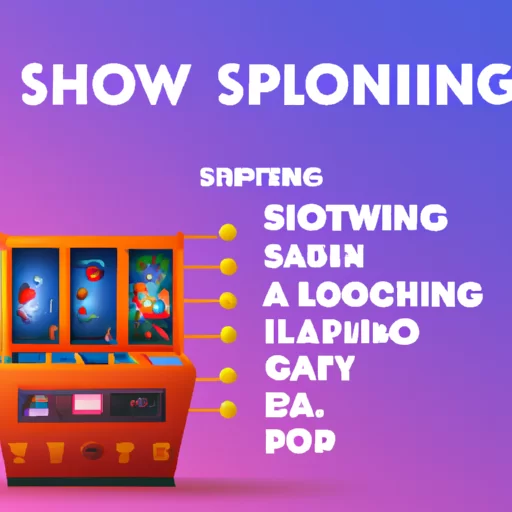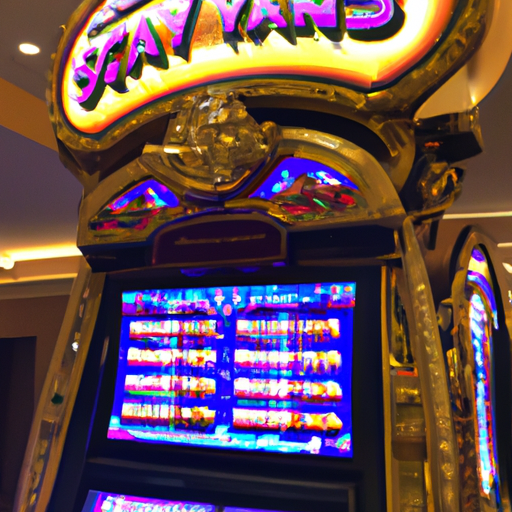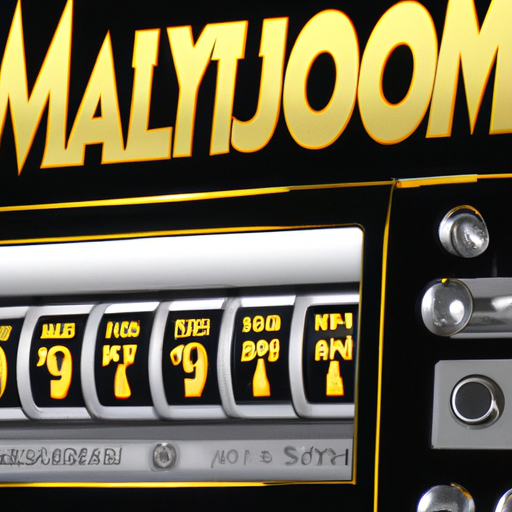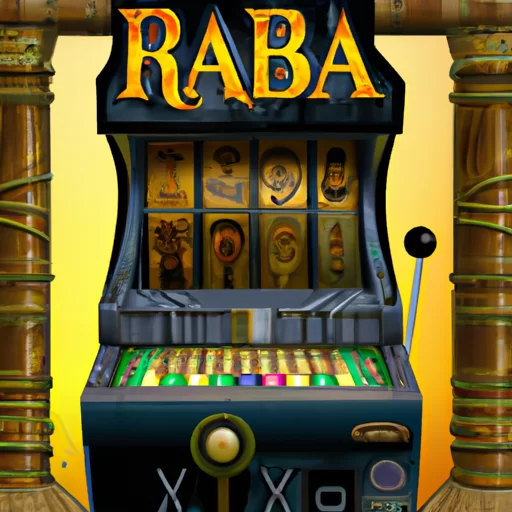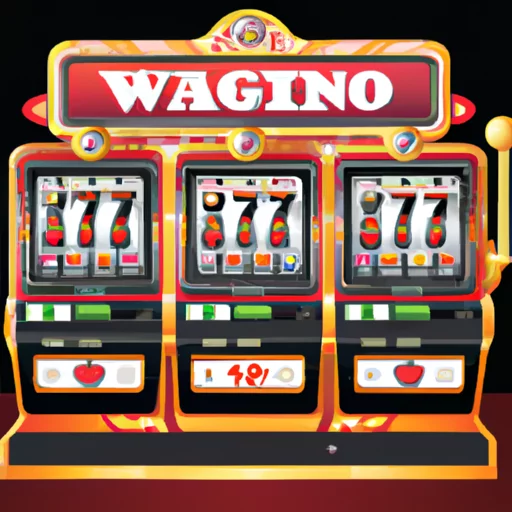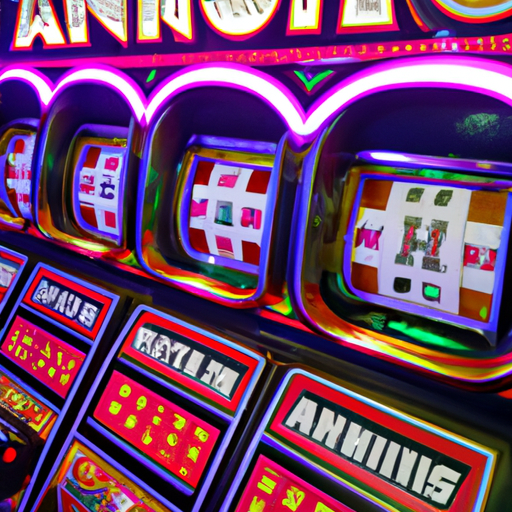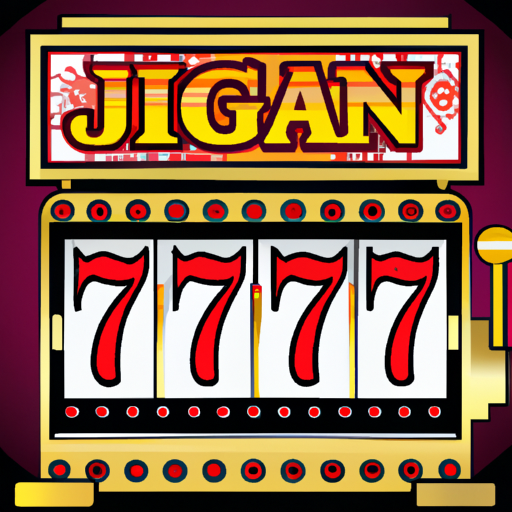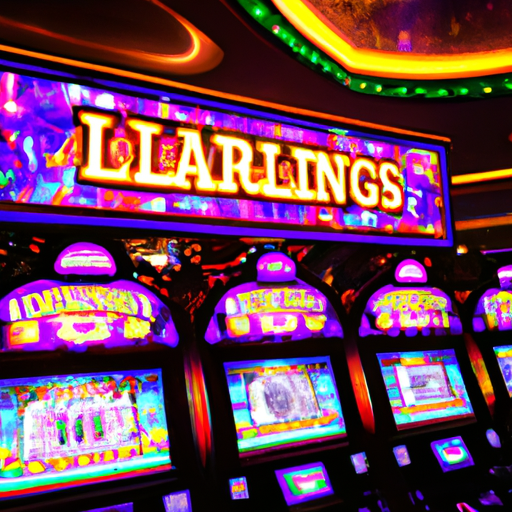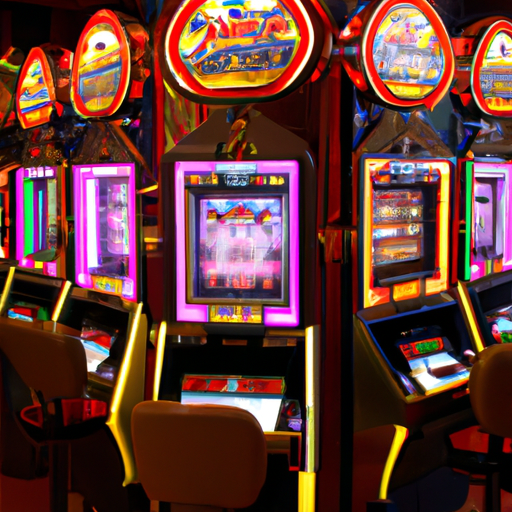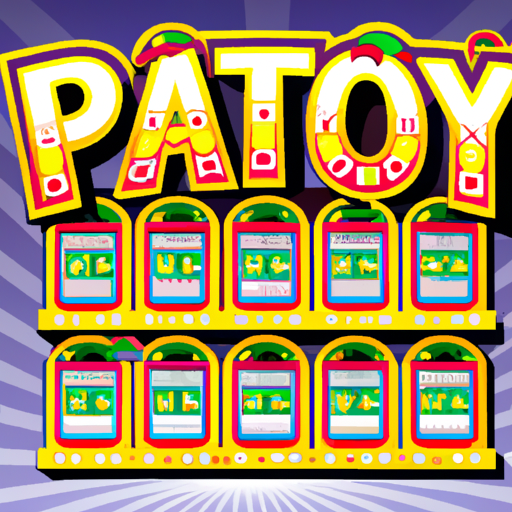 The Phone Bill Casino & Gxmble Casino with Cashmo Casino Mobile, Mobile Casino Free Bonus pages from CasinoPhoneBill.com
The Phone Bill Casino & Gxmble Casino with Cashmo Casino Mobile, Mobile Casino Free Bonus pages from CasinoPhoneBill.com
Slot Machine Payouts
Slot Machine Payouts: Chance, Probability, and Understanding Your Odds
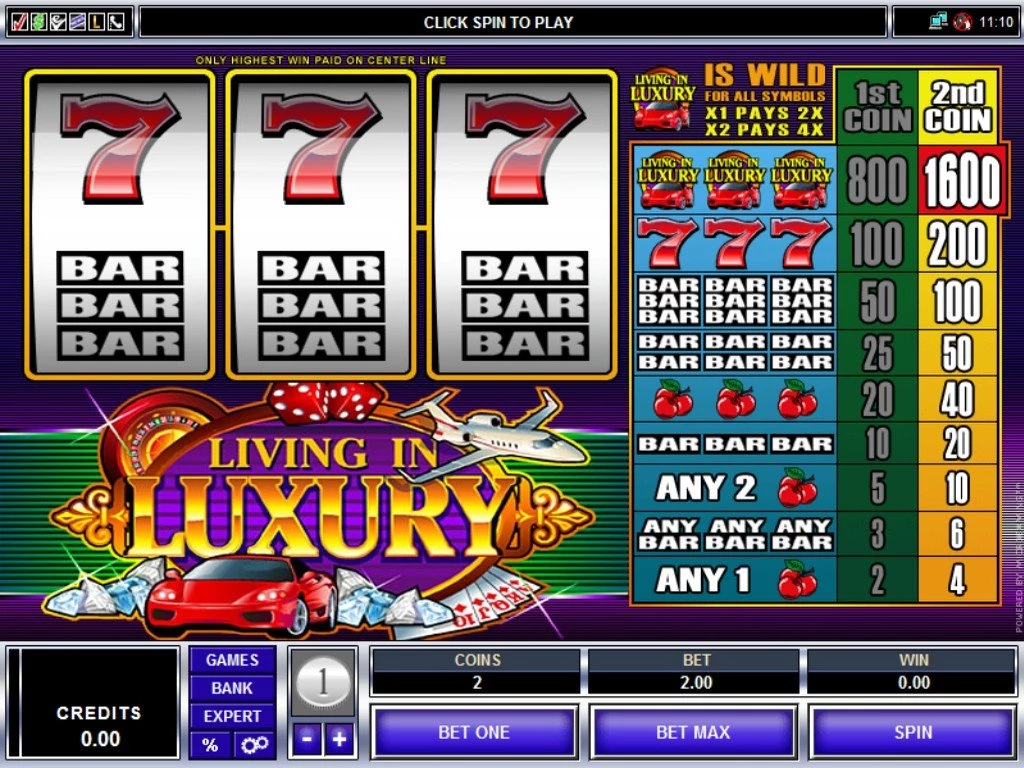
Slot machines are popular casino games known for their exciting gameplay and potential for big wins. However, it's essential to understand the concept of slot machine payouts to make informed decisions and manage your expectations.
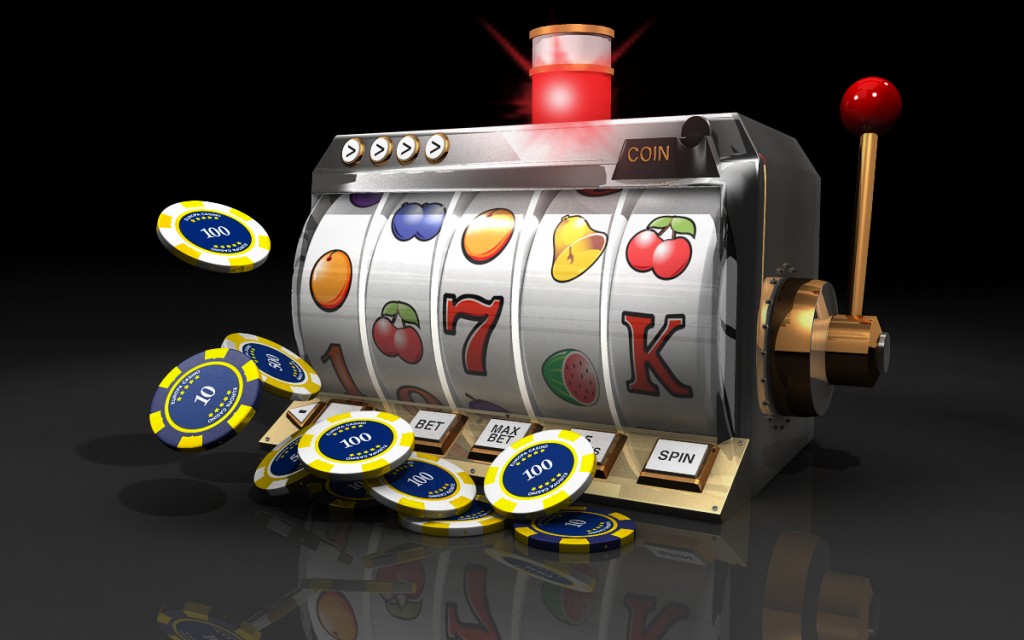
Payout Percentages:
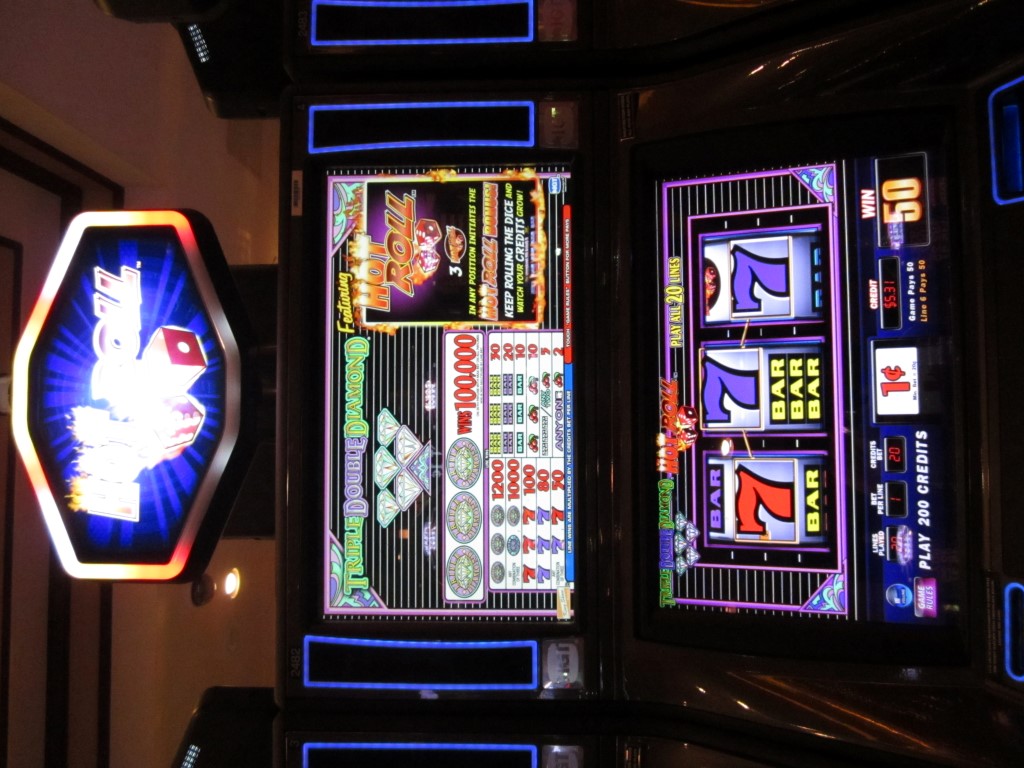
Every slot machine has a payout percentage, which represents the expected return to players (RTP) over a long period of time. This percentage is determined by the casino and is usually displayed in the machine's information section or on the casino's website. It indicates the average amount of money that the machine will pay out for every $100 wagered.
For example, a slot machine with a 95% payout percentage theoretically pays out $95 for every $100 wagered. However, this doesn't guarantee that you'll win every time you play. It simply indicates the overall trend over numerous spins.
Random Number Generator (RNG):
Slot machines use a Random Number Generator (RNG) to determine the outcome of each spin. The RNG is a complex algorithm that generates a sequence of random numbers, which are then used to determine the symbols that appear on the reels. This ensures that every spin is independent and unpredictable.
The RNG is certified by independent testing agencies to ensure fairness and prevent manipulation. This certification verifies that the machine operates according to the specified payout percentage and that the results are truly random.
Hit Frequency:
The hit frequency of a slot machine refers to the average number of spins required to land a winning combination. This frequency varies from machine to machine and is typically displayed in the machine's information section. A higher hit frequency generally means that you'll have more frequent small wins, while a lower hit frequency may result in fewer but potentially larger wins.
Volatility:
Volatility, also known as variance, describes the level of risk associated with a slot machine. High volatility machines offer the potential for big wins but also have more significant swings in your bankroll. Low volatility machines, on the other hand, offer more frequent small wins but less potential for significant payouts.
Understanding a slot machine's volatility can help you choose games that align with your risk tolerance and playing style. If you prefer a more balanced experience, low to medium volatility machines might be a better fit. If you're willing to take more risks for the chance of substantial wins, high volatility machines may appeal to you.
Slot machines often feature jackpots, which are large prizes that can be won through specific combinations or bonus rounds. Jackpots can be progressive, meaning they grow with each wager made until someone wins them, or fixed, meaning they have a predetermined value. Some jackpots are linked to multiple machines or even across casinos, creating the potential for massive payouts.
In summary:
Slot machine payouts are determined by the payout percentage, which represents the expected return to players over time. Random Number Generators ensure fair and unpredictable results, while hit frequency and volatility influence the frequency and size of wins. Jackpots offer the chance for significant payouts but are generally harder to win. Understanding these concepts can help you make informed decisions, manage your expectations, and enjoy playing slot machines responsibly.




